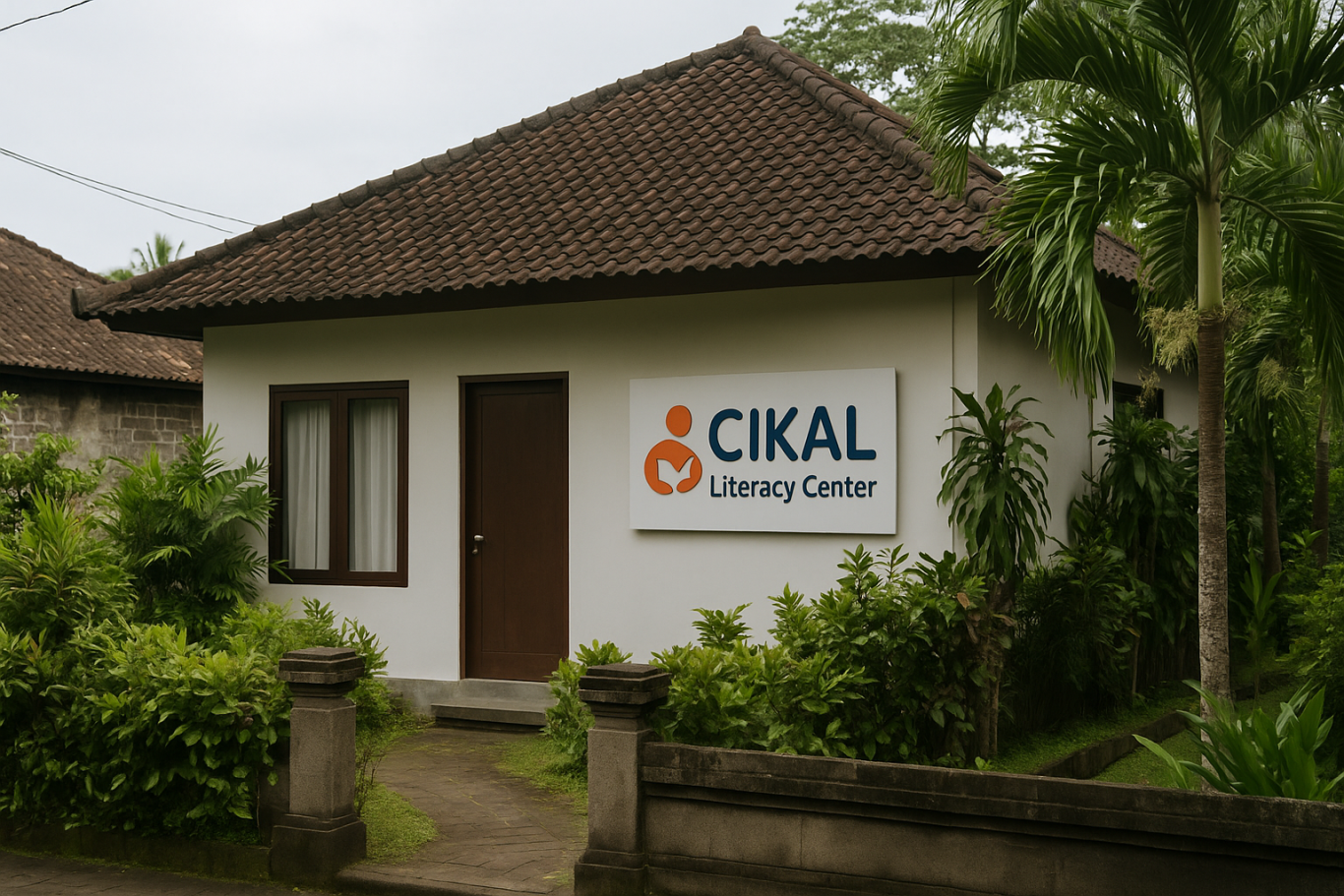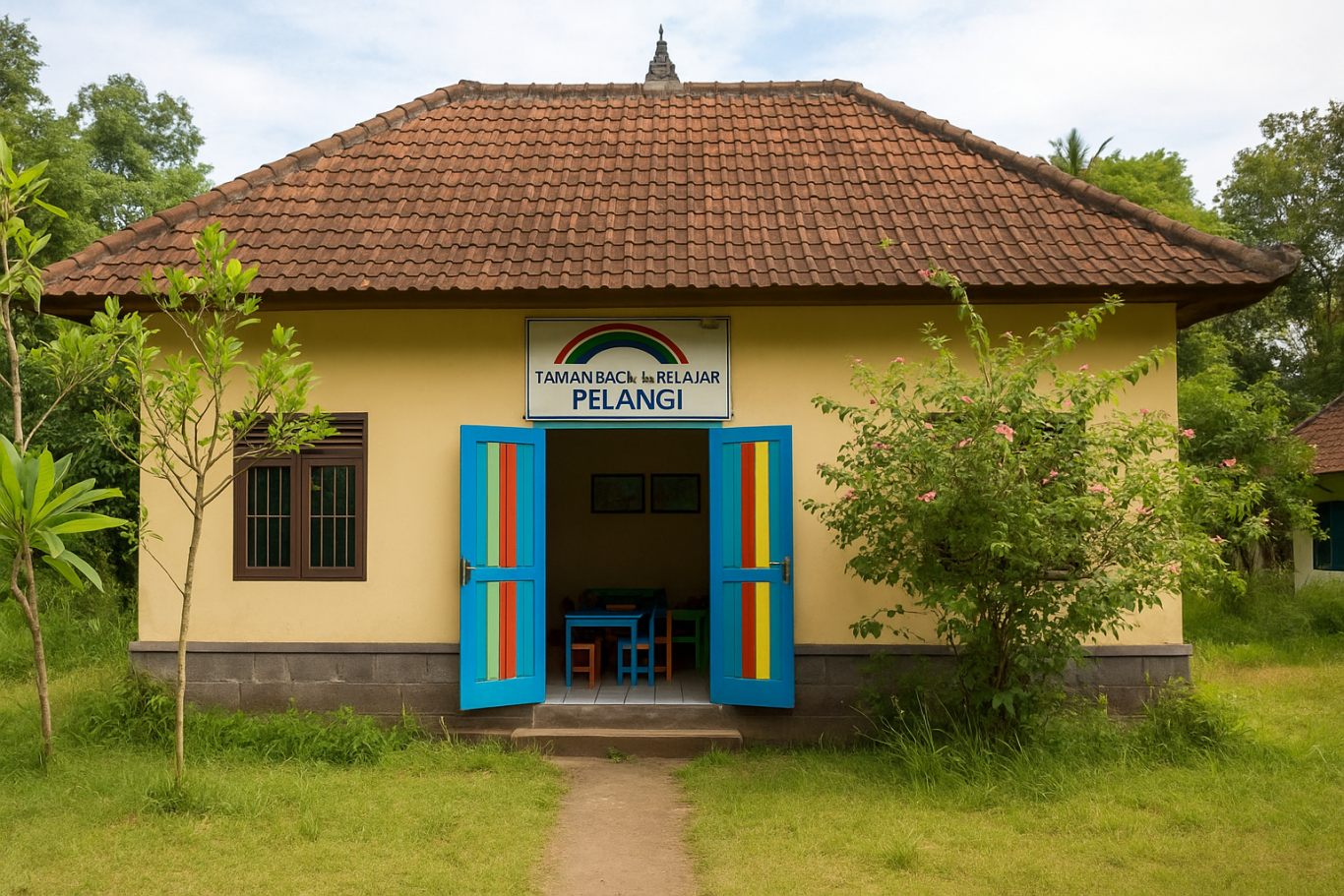5 Best! Reading Programs for Kids in Bali with Prices in 2025
As more parents recognize the importance of early education, many are looking for reading programs for kids in Bali that help children master basic literacy skills. The ability to read and write forms the foundation for academic, social, and emotional development.
Today, various institutions in Bali offer reading programs for kids in Bali with different approaches, including phonics-based methods, multisensory learning, and interactive storytelling. Parents can choose a program that fits their child’s learning style, whether for preschoolers or early elementary students. Many of these programs are also designed to support children with learning challenges or those who require more focused attention.
If you’re searching for high-quality reading programs for kids in Bali, here are five recommended places worth considering.
5 Recommended Reading Programs for Kids in Bali
1. Cikal Literacy Center

Price: Starting from IDR 550,000 per month
Cikal Literacy Center focuses on early literacy development for children aged 4 to 7. Their approach includes phonics, playful activities with letters, and imaginative learning methods.
Highlights:
- Interactive phonics-based curriculum
- Storybook reading and creative drawing
- Basic creative writing for preschoolers
Location: Jl. Tukad Barito Timur No. 16, Renon, Denpasar
WhatsApp: 0812-3400-1123
2. Taman Baca dan Belajar Pelangi

Price: Starting from IDR 400,000 per month
This inclusive learning community provides reading programs for kids in Bali with a fun and supportive atmosphere. Their personalized approach is especially helpful for children with learning difficulties or special needs.
Highlights:
- Daily reading activities and journaling
- Support for children with mild dyslexia
- Small, flexible class settings
Location: Jl. Raya Pengosekan, Ubud, Bali
Instagram: @tbpelangi
3. Kumon Renon Bali

Price: Starting from IDR 850,000 per month
Kumon is a well-known name in education, offering a structured and progressive method. Their reading programs for kids in Bali encourage independent study and consistent learning habits.
Highlights:
- Daily worksheet-based learning
- Level adjustments based on the child’s ability
- Progress monitoring and regular assessments
Location: Jl. Tukad Badung, Denpasar Selatan
WhatsApp: 0812-8888-5678
4. LiterActive Kids Bali

Price: Starting from IDR 700,000 per month
This center uses a multisensory approach that includes music, movement, and visuals to teach reading and writing. Ideal for energetic kids aged 3 to 8 who learn best through hands-on activities.
Highlights:
- Kinesthetic games for letter recognition
- Flashcards and syllable-based activities
- Combines audio-visual tools with fine motor practice
Location: Jl. Teuku Umar Barat, Denpasar
WhatsApp: 0821-4567-2234
5. Little Step Literacy School

Price: Starting from IDR 500,000 per month
Little Step focuses on building sentence understanding and vocabulary through weekly themed lessons. The classes are designed to help children express ideas through writing while having fun.
Highlights:
- Semi-private classes (max 5 students)
- Weekly rotating topics
- Character-based and story-driven materials
Location: Jl. Sunset Road No. 78, Kuta, Bali
Instagram: @littlestepliteracy
Why Kids Should Try Coding After Literacy Classes

Ingin tahu detail program?
Once your child has built strong reading and writing skills through reading programs for kids in Bali, it’s a great time to introduce them to coding. Reading helps kids follow instructions and understand programming logic, which makes the transition to digital skills much smoother. Coding also develops problem-solving, logical thinking, and creativity.
Timedoor Academy is an excellent next step for children in Bali who want to explore technology through fun and engaging coding projects. While it doesn’t offer reading programs for kids in Bali, Timedoor is a smart choice for building future-ready skills after literacy foundations have been established. Their international curriculum and experienced instructors ensure that kids learn in a structured yet playful environment.
If you’re ready to take your child’s development even further, Timedoor Academy offers a great opportunity to explore coding through interactive classes. Try a free trial class today at Timedoor Academy!